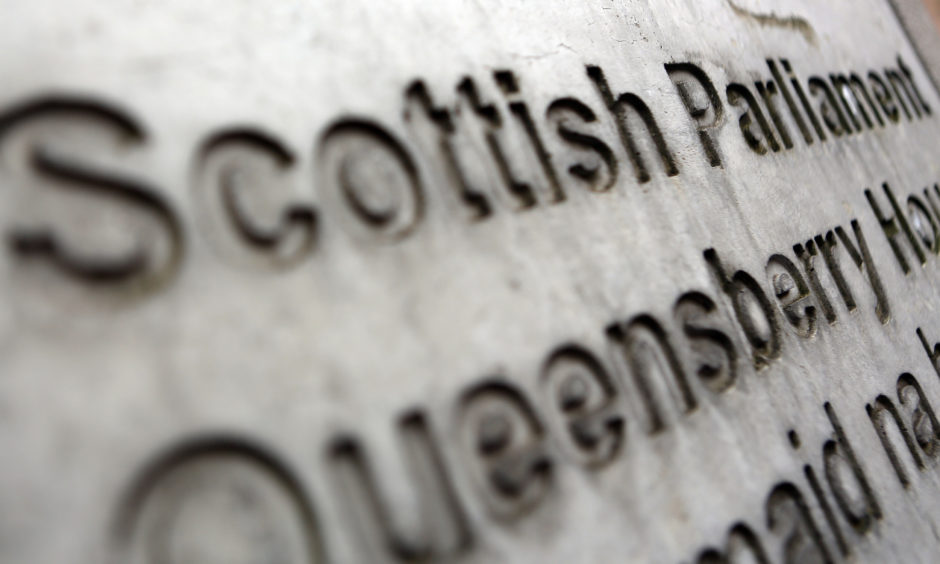Scotland risks being left in “regulatory no-man’s land” if plans to keep pace with European Union rules go ahead, MSPs have heard.
Leading academics have also expressed concern over the level of legislative power that would be handed to SNP ministers if the European Union (Continuity) (Scotland) Bill were to pass.
The Bill, tabled in June, is designed to grant ministers the ability to copy over new EU regulations into Scots law after the Brexit transition period ends in December.
If successful, it raises the prospect of a regulatory clash with the UK Government, which will no longer be following EU directives.

In 2018 an earlier version of the Bill was struck down by the Supreme Court after judges decided it included powers that were outwith the remit of the Scottish Parliament.
MSPs, taking evidence on this new version of the Bill, heard it could make internal governance of the UK market “very difficult” and would present a “big challenge” for the Scottish Government to implement.
“The Scottish Government is going to have a big task on its hands trying to keep up with what’s going on in Brussels,” Aberdeen University politics professor Michael Keating said.
“I’m not sure it’s equipped to do that at the moment, it would require a great deal of resource and effort because at the moment we rely a lot on the UK Government, it is the member state, it’s the one that participates at the EU level primarily.”
What is the purpose of dynamic alignment?”
Professor Michael Keating
Prof Keating also questioned the strategy around the Bill, telling MSPs it was not clear whether the Scottish Government would copy over all or just a select few EU regulations.
“What is the purpose of dynamic alignment? Is it just to stay aligned with everything or do we pick and choose or is there some broad strategy that can inform?
“What I’d like to see in there is some kind of philosophical statement as to what the Scottish Government sees the possibilities for remaining in Europe and then how dynamic alignment might fit into that.”
Today’s publication of the #GERS figures shows the value to Scotland from being part of the UK pic.twitter.com/QJzUkY6Bo8
— Murdo Fraser (@murdo_fraser) August 26, 2020
Shadow business minister Dean Lockhart raised fears that the “pick and choose” approach could leave Scotland isolated.
He said: “Scotland could end up in some kind of regulatory no man’s land, whereby we are out of sync with EU regulations and also out of sync with regulations in the rest of the UK.”
Prof Keating responded: “Yes, it could make things very difficult.”

There was also concern raised about the scrutiny arrangements in such a scenario.
Professor Aileen McHarg said that, under the provisions of the Bill, the ability of MSPs to monitor and change what regulations ministers were implementing was “weak”.
“I would suggest that the Parliament might want to try to reinstate the stronger procedural protections that were there in the first iteration of the Bill,” she said.
